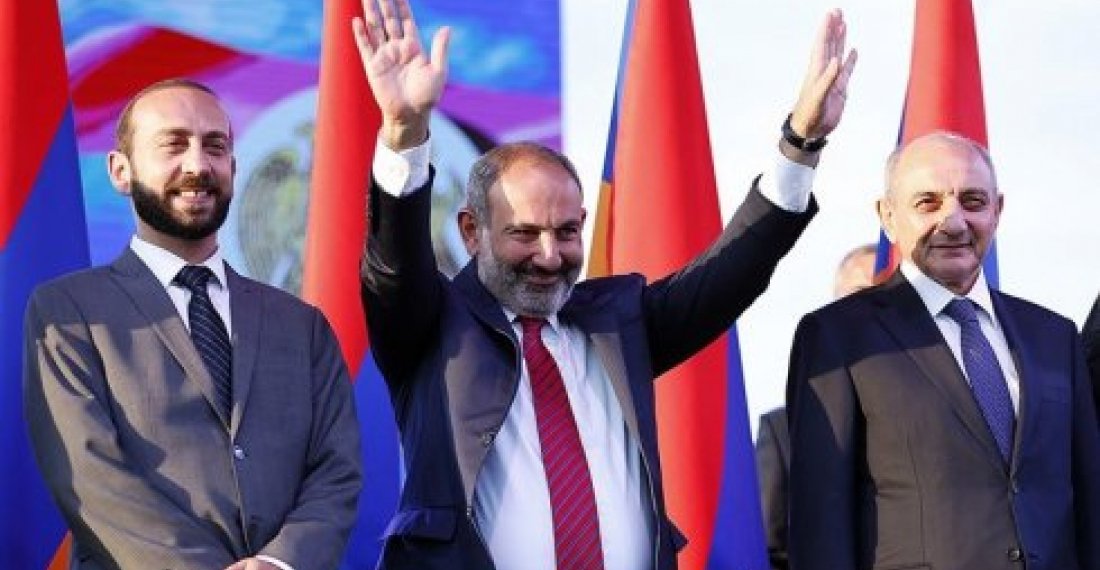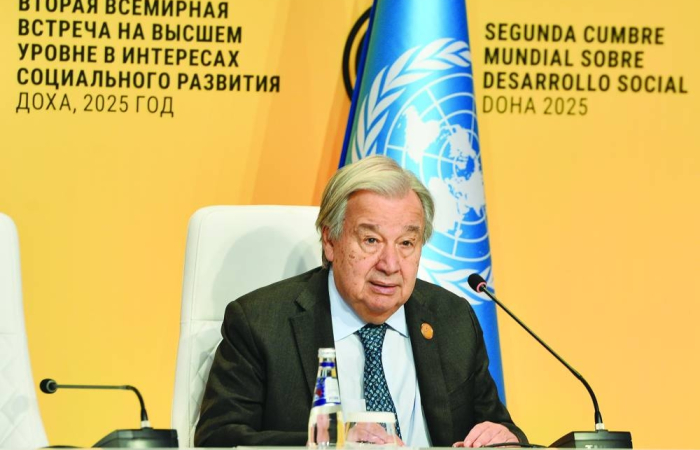Премьер-министр Армении Никол Пашинян отрицает, что между его правительством и руководством самопровозглашенной Нагорно-Карабахской Республики есть какие-либо разногласия. В прямом эфире на своей странице в Facebook в воскресенье вечером, цитируют армянские СМИ Пашиняна, который сказал, что "идеи правительств Армении и Арцаха относительно урегулирования нагорно-карабахского конфликта идентичны".
По словам Пашиняна, в последнее время некоторые стали манипулировать информацией, чтобы вызвать разногласия: «Для справки хочу сказать, что идеи правительства Армении и правительства Арцаха относительно урегулирования карабахского вопроса идентичны».
источник: commonspace.eu по материалам агентств
фото: Никол Пашиняна, в Степанакерте в августе 2019 года






